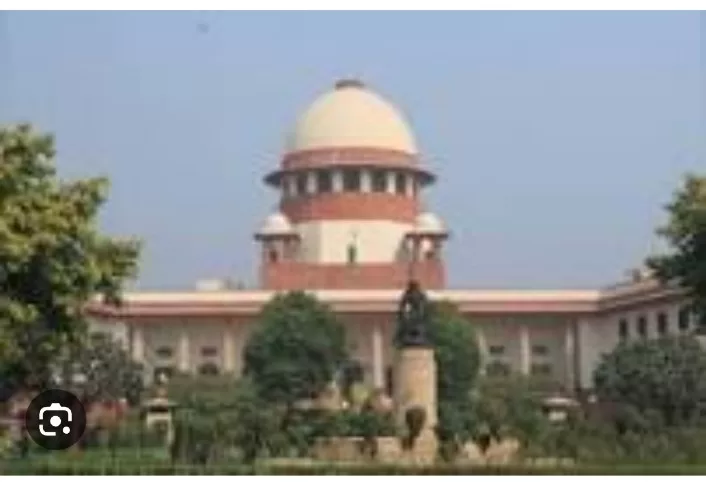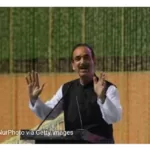In a judicial arena marked by gravitas, Senior Counsel Kapil Sibal presented a formidable defense of his position regarding the contentious abrogation of Article 370 and the Jammu and Kashmir Reorganisation Act of 2019. This legislation resulted in the division of the erstwhile state into two Union territories – Jammu and Kashmir and Ladakh. The Supreme Court, which serves as the ultimate arbiter of this constitutional dispute, witnessed an intense exchange of legal arguments.
Mr. Sibal, unequivocally and resolutely, declared that his stance has never traversed the bounds of questioning the sovereign integrity of India. This assertion assumes paramount significance in the ongoing litigation, where concerns about the preservation of India’s territorial and constitutional unity loom large.
The apex court, presided over by learned judges, directed the respondents, tasked with defending the Centre’s decision dated August 5, 2019, to expeditiously conclude their submissions on this historic matter.
During the course of these proceedings, the Jammu and Kashmir administration took a notable step by rescinding the suspension of a lecturer who had previously aligned himself with a legal challenge against the abrogation of Article 370. The implications of this decision reverberated within the courtroom, adding to the complexity of the case.
Senior Counsel Sibal, in his impassioned arguments, contended that the abrogation of Article 370 was not merely a constitutional maneuver but a political one, underscoring the nuanced nature of this transformative event in India’s constitutional history. His legal acumen was evident as he delved into the intricacies of constitutional interpretation.
Chief Justice of India (CJI) posed probing questions regarding the constitutional implications of this abrogation, exploring the boundaries of Article 370 and its relationship with the basic structure doctrine. The discourse delved into the intricate details of constitutional powers and the historical context in which this provision was conceived.
In a pivotal juncture of the proceedings, Mr. Sibal emphasized the need for a political resolution to this complex issue, drawing a distinction between political processes and constitutional mandates. The court grappled with the conundrum of interpreting Article 370 and its implications on India’s federal structure.
As the legal battle unfolds, the nation watches with bated breath, recognizing the profound implications of the court’s eventual ruling on this critical matter of constitutional significance. The contours of India’s constitutional landscape hang in the balance, awaiting the wisdom and judgment of the apex court.
In conclusion, the ongoing hearings concerning Article 370 exemplify the intricate interplay between law and politics, where constitutional intricacies merge with the imperatives of governance, raising profound questions about India’s constitutional ethos and unity.






